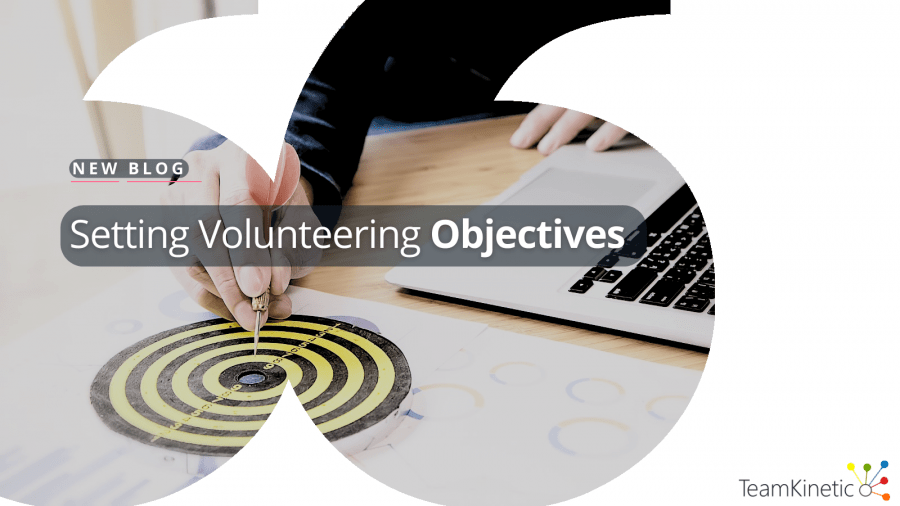Ideological clashes, commonly referred to as “culture wars” are often fueled by polarised perspectives on issues like identity, values, and social justice. Of course, the Third Sector plays a crucial role in addressing societal challenges. As culture wars intensify, Third Sector organisations’ ability to maintain their purpose whilst adapting to change has proved difficult. Discover how to navigate culture wars and even seize opportunities to combat such challenges.
These divergences are playing out across society and they impact on many charities very acutely. In part, I think, because they’re so often fuelled by the sense of mission, a desire to right a wrong or serve a certain community, whether that be a community place or interest.
There is no way for charities to immunise themselves against change, whether that’s technological, cultural or economic. The question is how best to respond.
Helen Stephenson, chief executive of the Charity Commission

Seizing Opportunities Amidst Challenges
Strengthening Organisational Values
Organisations may find it challenging to maintain unity among their staff and stakeholders when confronted with divisive issues.
In times of cultural turbulence, it becomes essential for Third Sector organisations to revisit and reinforce their core values. With a strong internal alignment and set purpose, your organisation will be more robust. Equally, the wider community can be reassured of your organisation’s consistent, positive, uniting impact.
Building Inclusive Dialogue
The Third Sector is often at the forefront of addressing social issues. However, during times of social conflict, your organisation may feel pressured to take positions on controversial topics for fear of alienating segments of their support base.
The Third Sector can play a crucial role in fostering inclusive dialogues that bridge divides. By creating spaces for constructive conversations, organisations can contribute to building understanding and finding common ground within communities.
Diversifying Funding Streams
Charities and non-profits may face difficulties in securing funding as donors become more selective based on ideological considerations. Some organisations may find themselves caught in the crossfire, with donors withdrawing support due to perceived alignment or misalignment with cultural stances.
To mitigate the impact of funding challenges stemming from culture wars, Third Sector organisations should consider diversifying their funding sources. Exploring partnerships with a variety of donors and revenue streams can provide financial stability.
Adapting Strategies
Advocacy and policy work are integral to the Third Sector’s mission. Culture wars hinder organisations’ ability to influence policy decisions because politicians may be reluctant to align with contentious causes.
To navigate the complexities of advocacy, Third Sector organisations may need to adapt their strategies. This could involve framing issues in a way that resonates with a broader audience and emphasises shared values rather than divisive rhetoric.
Conclusion
As culture wars continue in the UK, the Third Sector must confront the challenges they present while actively seeking opportunities for positive impact. By staying true to your missions, fostering an inclusive dialogue and adapting to change, your organisation can navigate culture wars and contribute to a more united society.
You can find TeamKinetic on social media and listen to our podcast:
Twitter Facebook LinkedIn YouTube Instagram Podcast
Have you enjoyed using TeamKinetic? If you could leave us a review on Capterra, we’d really appreciate it! We’ll even send you a little thank you.























